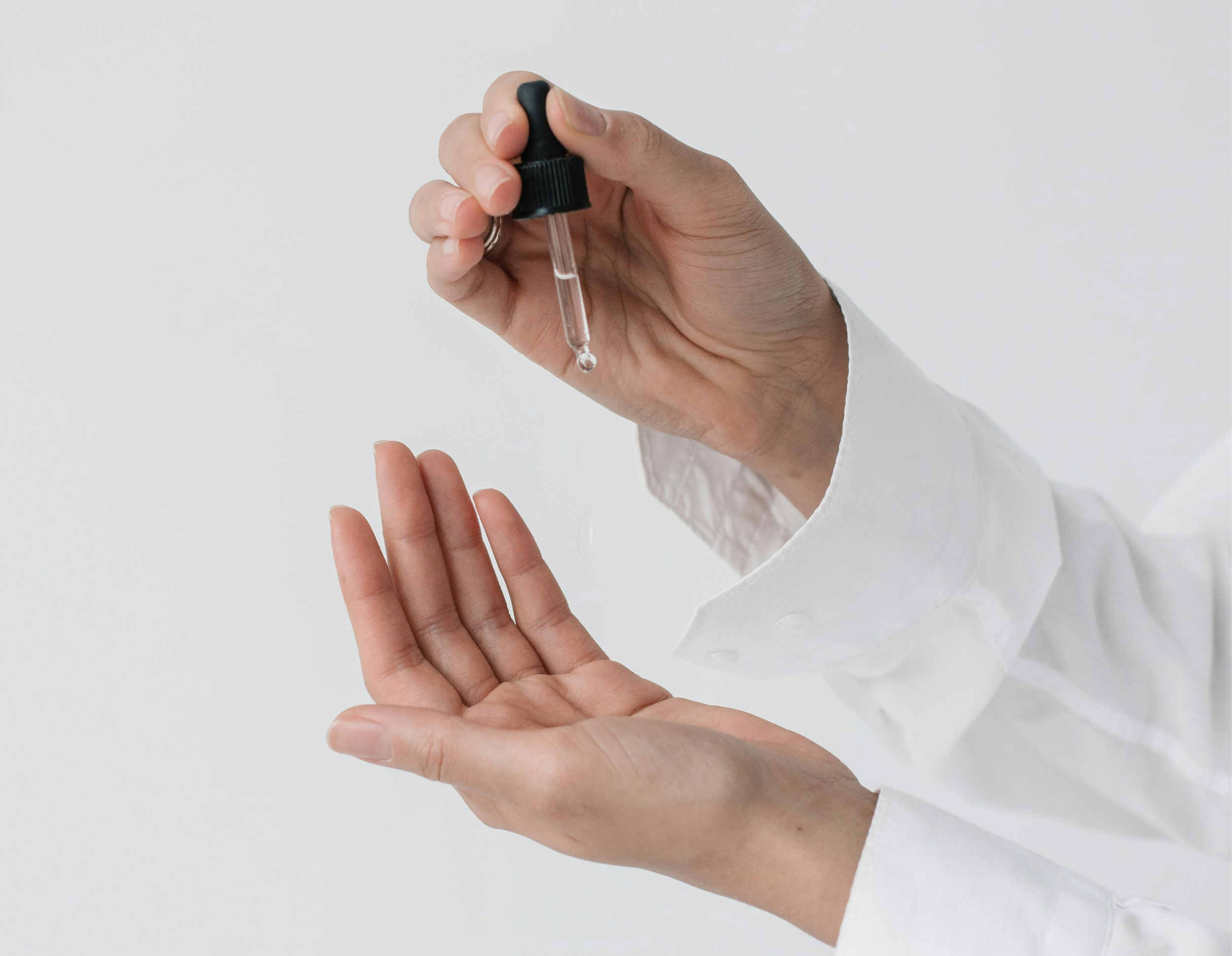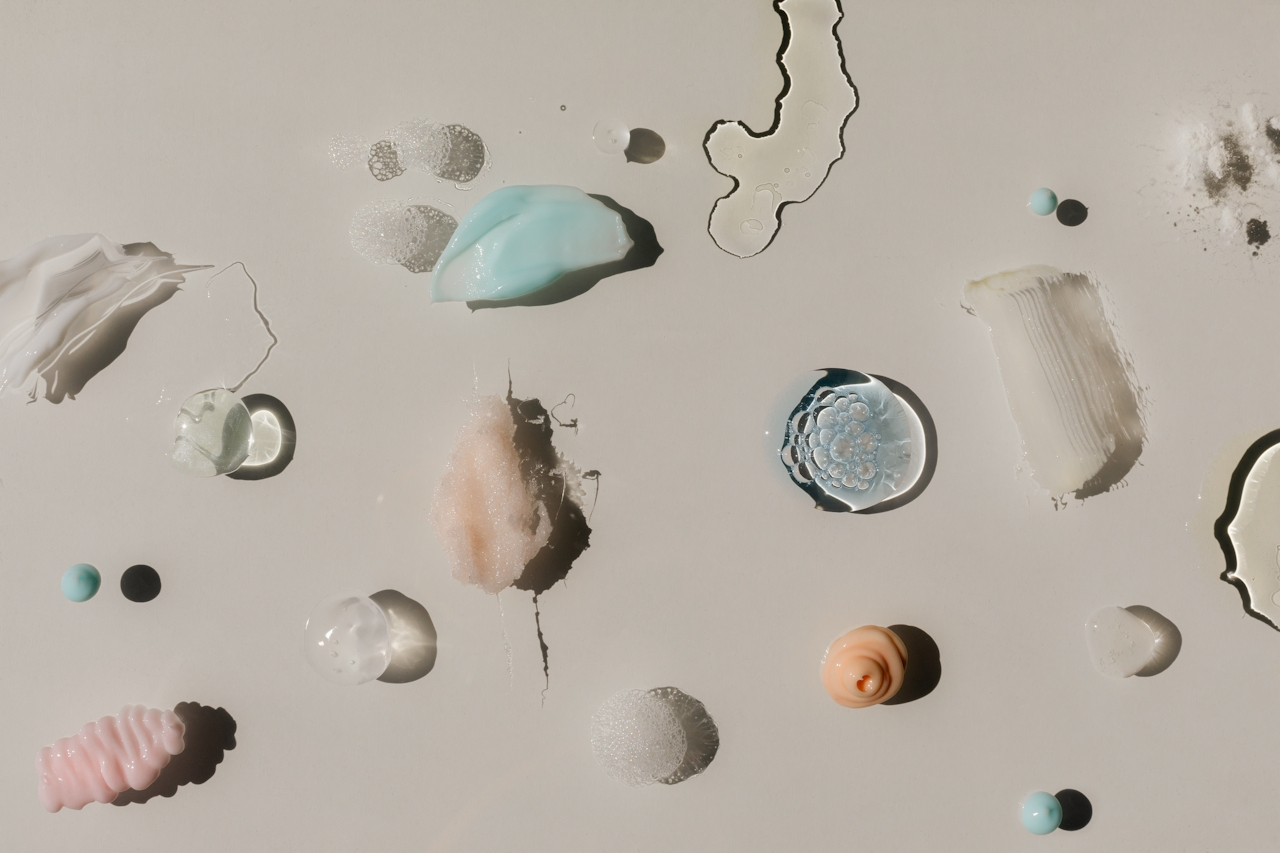Everything You Need To Know About Skincare Product Compliance And Certification
If you're stepping into the world of skincare as someone planning to create your own brand, then you should learn more about product compliance and certification. We understand, that this can seem like a daunting task, as there are many regulations and laws to be aware of, but it's essential for any brand looking to build trust and ensure safety.
Understanding the essentials of CPNP, ECOCERT, COSMOS, and FDA guidelines is crucial for developing and marketing skincare products that meet both legal requirements and consumer expectations. In this article, we will break down these regulations and certifications to help you stay informed and compliant.
CPNP: Cosmetic Products Notification Portal
The Cosmetic Products Notification Portal (CPNP) is an online notification platform used to submit technical information related to cosmetic products to be marketed in the European Union (EU). The portal was introduced to implement the cosmetic product Regulation (EC) No 1223/2009 across all the EU member states.
The primary purpose of CPNP is to streamline the notification process and centralise product information, making it accessible to relevant authorities and poison centres across the EU. This enhances the consumer safety and simplifies the monitoring of cosmetic products.
As per the regulation, the designated Responsible Person (RP) is required to submit the product specifications along with the safety information through the CPNP. In case of any changes in the existing products in the market, like labelling changes or formulation changes, the RP must update the required information on the portal.
In order for the products to be compliant and registered, here's what's needed:
Notification: before any cosmetic product is placed on the EU market, it must be notified via the CPNP. This process includes providing detailed information about the product, its ingredients, and its manufacturer.
Product Information File (PIF): each product must have a PIF, which includes the product's formula, safety assessments, manufacturing processes, and proof of claims on the product. The PIF must be kept for at least ten years after the last batch of the product is placed on the market.
Labelling: products must comply with EU labelling requirements, including ingredient lists, expiration dates, usage instructions, and many more.
Responsible Person: a designated responsible person within the EU must ensure compliance with all regulations and act as the point of contact for regulatory authorities.
A strong advantage of working with Selfnamed is that you don't have to worry about CPNP registration process, as we've already taken care of everything.
ECOCERT & COSMOS
If you have been digging around the Selfnamed website and product catalogue, you may have already noticed ECOCERT and COSMOS here and there. Both of these names represent different certifications on the product packaging, proving they have met the high standards for natural and organic cosmetics. These symbols are understood and appreciated by the industry and its consumers worldwide.
ECOCERT
Founded in France in 1991 by a group conscious of the growing need to develop environmentally friendly agriculture and who wanted to offer recognition to those who adhere to best practice production. The ECOCERT body specialises in the certification of organic products for sustainable development.
ECOCERT assists stakeholders in the implementation and promotion of sustainable practices through certification, consulting and training services. Committed to organic farming since its creation, ECOCERT has now extended its efforts to many other sectors. Like, home care, textiles, forestry, and others.
COSMOS
Launched in 2010, the COSMOS standard is a quality standard for cosmetics or raw materials intended for cosmetics. It was launched to harmonise the various cosmetic certifications and labels, creating one cohesive standard to be internationally recognised for natural and organic cosmetics.
There are two types of COSMOS certifications for cosmetic products:
COSMOS Natural: all the product ingredients are from natural origin except a restrictive approved ingredient list (including preservatives) authorised in small quantities.
COSMOS Organic: a product is certified with this label only if a minimum of 95% of the plants it contains are organic and at least 20% of organic ingredients are present in the total formula (10% for rinse-off products).
The words “COSMOS Natural” or “COSMOS Organic” appear below the logo of the responsible certifier. This allows you to recognise the trusted organisation that participates in the COSMOS standard.
We are proud to say, that most Selfnamed products are certified by ECOCERT. Each product has been reviewed by the ECOCERT team – from composition to processing and packaging. All products within our face care line come with COSMOS Natural certification, as well as a few hair care and body care products. Whereas, a few of our products are proudly labelled with the COSMOS Organic certification.
FDA: Food and Drug Administration
In the United States, the Food and Drug Administration (FDA) regulates skincare and cosmetic products to ensure they are safe for consumers. While the FDA's approach differs from the EU's CPNP, it is equally important for ensuring product safety and compliance.
The FDA's primary purpose is to protect the public health by ensuring that skincare products are safe, properly labelled, and free from harmful substances. FDA can pursue enforcement action against products on the market that are not in compliance with the law.
When it comes to the responsibility, companies and individuals who manufacture or market cosmetics have a legal responsibility to ensure the safety of their products. If you're selling Selfnamed products then you don't need to worry about any further registrations or anything, as our products meet all the necessary regulations and standards, so they are safe to be used and sold in the USA.
If you wish to sell skincare and cosmetic products in the US, we recommend going over the most frequently asked questions regarding the FDA authority over cosmetics. It's also important to point out that in the upcoming couple of years there will be quite a bit of changes, since FDA will be implementing “Modernization of Cosmetics Regulation Act of 2022 (MoCRA)”.
Responsible Person
The cosmetics responsible person (RP) terminology is rather new for those who sell cosmetic products within the US, but for companies that have been marketing cosmetics in the EU, this is already a familiar term. It's important to understand, that while the term remains the same, there are some minor distinctions in how responsibilities differ and where the RP needs to be located.
The EU's Responsible Person
As previously mentioned, the “responsible person” defines a legal entity or a person designated within the EU, who ensures compliance with the relevant obligations set out in the regulation for each cosmetic product on the market.
The UK's Responsible Person
Even though the UK is no longer a part of the EU, the legislation has not significantly diverged from the EU yet. The Responsible Person under UK regulation must have an established UK address. The RP in the respective area has to have an address there. For example, there can't be RP for EU with a UK address and vice versa.
It's important to note that regulations can change, and the information provided here is based on the state of regulations up to January 2022. If there have been any updates or changes in regulations since then, you may want to check the latest regulatory information from official sources or relevant authorities in the UK.
FDA's Cosmetics Responsible Person
FDA's MoCRA defines the “responsible person” as “the manufacturer, packer, or distributor of a cosmetics product whose name appears on the label of such cosmetic product in accordance with section 609(a) of the FD&C Act or section 4(a) of the Fair Packaging and Labeling Act.”
This means that the RP's contact information must be on the label for collecting and record-keeping of submitted adverse events. If you want to sell cosmetic products within the US, then the RP can be located anywhere in the world, and can even hire an authorised agent to handle certain requirements under MoCRA.
Selfnamed Performance Skincare Product Set
If you're working with Selfnamed, then you can rest assured that we are the “responsible person” in EU, UK, and the US. However, if you wish to change or remove the manufacturer address on the label, you have to register the products under your own name and address, as it would make you the “responsible person”. In this case, you also won't have the ECOCERT and COSMOS labels on your products, as all the certifications are under Selfnamed name and address.
What if I want to register all the products under my own name?
Like mentioned above, this would require you to become the “responsible person”. To do this, here's what you'll need:
you need to have an established company name
create a profile in CPNP page
fill out the SAAS registration form
assign a contact person
once this is done, you'll need to notify Selfnamed.
The notification processes are similar in the UK and the US. You can read more about the UK notification process here, and the US notification process here.
If you're interested in learning more about this and need guidance, please reach out to our support team — support@selfnamed.com. Or, consult with a legal advisor.
Anete Vabule, CEO of Selfnamed
While all of this information seems a lot to take in, it is necessary when building a reputable and successful skincare brand. By ensuring that your products meet regulatory requirements, you can guarantee safety and trustworthiness to your customers. These certifications not only enhance the credibility of your brand, but also open doors to international markets, providing a broader reach for your products.
We want to point out one final time – if you're partnering up with Selfnamed, you don't have to do anything in terms of compliance and certifications. We have taken care of everything, allowing you to focus on what you do best – creating and marketing your skincare brand.
Remember, a well-regulated and certified product line isn't just about meeting the legal requirements. It's about ensuring your customers receive the best and safest care possible.
How To Start Your Own Skincare Line Using Selfnamed
Selfnamed is here to help create your own skincare line by making the process as simple and seamless as possible. As soon as you decide on your ideal customer and product range, there are only a few simple steps to take:
Select product sample sets. You can choose from more than 30 high-quality, organic or natural certified skincare products made in Northern Europe.
Add your style. Selfnamed offers an easy-to-use design studio to create labels and packaging. You can work with pre-made print-ready templates or create your design from scratch. You can also choose our design service.
Start selling your products. There are no minimum orders, meaning you can easily adjust the volume to your needs.
Before making a custom order, we recommend looking at our sample set selection. These sets contain curated product lines for different skin types, letting you choose the best products for your brand. This way you can test the products — their consistencies, textures, fragrances, as well as packaging quality.
There are the basic steps on how to start a skincare line from the comfort of your home. Best of luck with your new endeavour!






